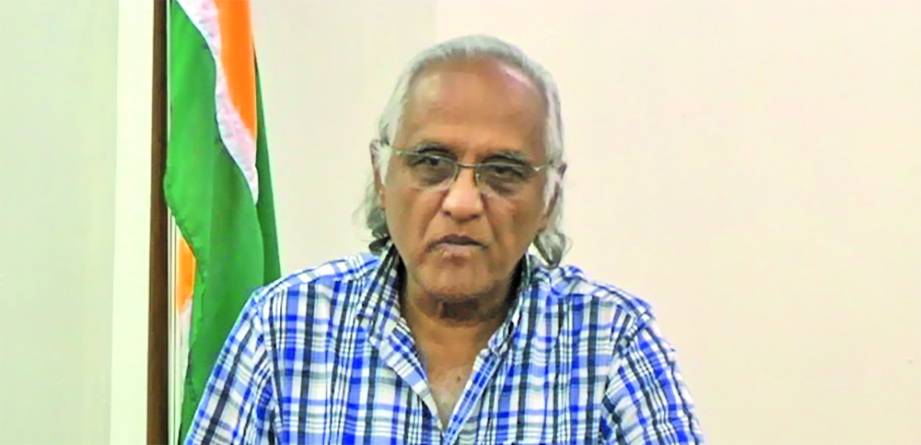Guyana will be stuck in a “never-ending stream of payments” to ExxonMobil
Over the weekend, Kaieteur News had reported that by the year 2025, Guyana will have owed some US$20B to ExxonMobil and its partners in the Stabroek Block.
This is because the country has agreed to fully reimburse these oil majors for the amount of money it took them to take the oil out of the ground and for the drilling, transportation and shipping.
Because of the unfavorable contract terms that the leaders have signed onto, Guyana will be stuck in a “never-ending stream of payments,” before it can even begin to reap any benefits from the oil industry.
These are the damning comments of transparency advocate, Chartered Accountant and attorney-at-law, Christopher Ram.
Ram was at the time responding to a question during his brief appearance on the Kaieteur Radio programme, ‘The Glenn Lall Show: Tell It as It Is’, hosted last Sunday.
The lawyer reminded that even as the country seeks to pay off the billions of unaudited costs on the Stabroek Block, ExxonMobil will continue to submit to the government “further and higher bills on each of the licences”.
“All of these are costs that we will have to bear…there is almost zero risk in petroleum when it comes to Guyana and yet we are paying all of these monies,” Ram expressed.
He continued: “We are giving up our natural resources and we are saying, “Come we will pay for you to exploit our resources”. It is absolutely unthinkable that anybody would continue this model of agreements, and I just cannot understand.”
Ram went further to express his bitter disappointment towards the People’s Progressive Party/ Civic (PPP/C) government, which according to him, has shown a “lack of willingness and courage in dealing with what is clearly an injustice and immoral arrangement.”
The attorney-at-law is adamant that every time ExxonMobil spends something leading to a discovery, it will be bad news for Guyana, since it is the country that will have to foot every bill.
According to Tom Sanzillo, Director of Finance under the Institute for Energy, Economics and Financial Analysis (IEEFA), the basic problem is that when the Stabroek Block project was being planned, most analysts were looking at the oil prices around the world between US$60-US$65 per barrel and upward.
Right now, the expert noted, those oil prices are hovering around US$40 a barrel as a result of the COVID-19 pandemic. Sanzillo said it is unlikely that between now and the next five years, it will go over US$50, if it goes that high.






















